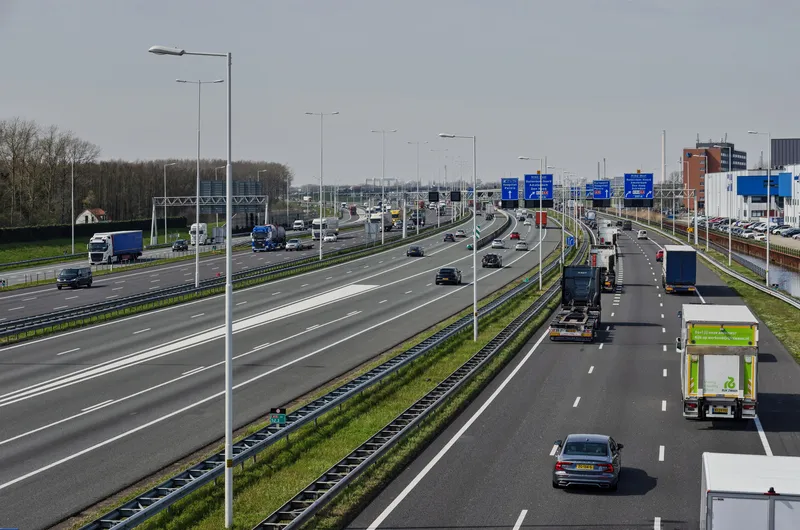The Dutch government has given its approval to large-scale testing of autonomous cars on roads in the Netherlands, saying the technology could reduce congestion and smooth traffic flow.
The cabinet has agreed to adjust road rules, which will enable the Dutch transport authority, RDW, to grant permission for testing.
According to the Ministry of Infrastructure and Environment, the Netherlands has become a test-bed for autonomous vehicles, although until now tests have largely been carried out at priv
January 26, 2015
Read time: 2 mins
The Dutch government has given its approval to large-scale testing of autonomous cars on roads in the Netherlands, saying the technology could reduce congestion and smooth traffic flow.
The cabinet has agreed to adjust road rules, which will enable the Dutch transport authority, RDW, to grant permission for testing.
According to the Ministry of Infrastructure and Environment, the Netherlands has become a test-bed for autonomous vehicles, although until now tests have largely been carried out at private facilities.
The Netherlands is known for its traffic jams; some 2.5 million drivers in a country of 17 million take to the roads during the rush hour each day, according to the central statistics office's latest figures. The government believes self-driving cars could change that.
“Autonomous vehicles can drive more closely together, utilising available road space more efficiently. Communicating with each other and simultaneously accelerating or braking to ensure a smoother flow of traffic makes a positive contribution to road safety and fuel efficiency,” according to the statement from the Ministry of Infrastructure and Environment.
The cabinet has agreed to adjust road rules, which will enable the Dutch transport authority, RDW, to grant permission for testing.
According to the Ministry of Infrastructure and Environment, the Netherlands has become a test-bed for autonomous vehicles, although until now tests have largely been carried out at private facilities.
The Netherlands is known for its traffic jams; some 2.5 million drivers in a country of 17 million take to the roads during the rush hour each day, according to the central statistics office's latest figures. The government believes self-driving cars could change that.
“Autonomous vehicles can drive more closely together, utilising available road space more efficiently. Communicating with each other and simultaneously accelerating or braking to ensure a smoother flow of traffic makes a positive contribution to road safety and fuel efficiency,” according to the statement from the Ministry of Infrastructure and Environment.









